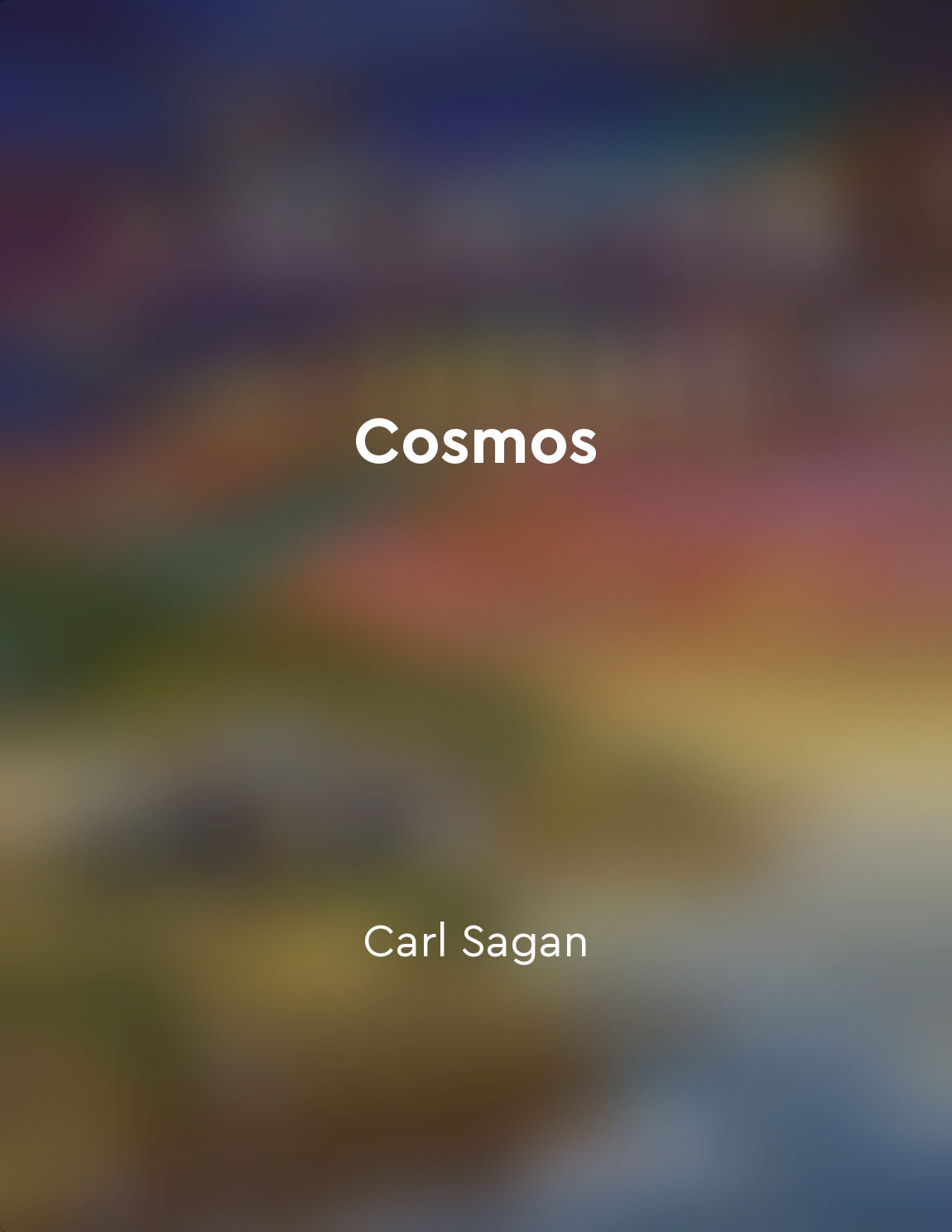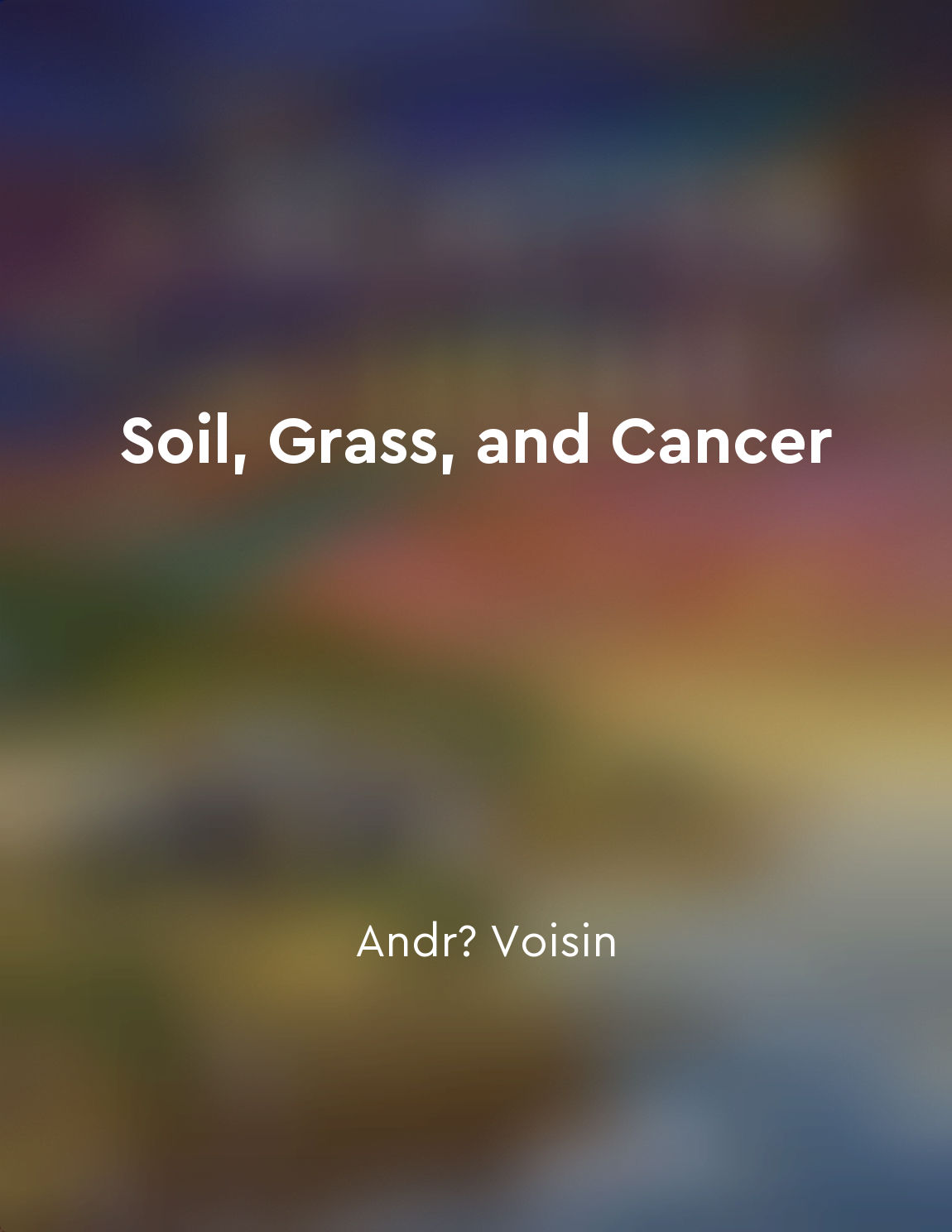Biodiversity declines rapidly from "summary" of Adventures in the Anthropocene by Gaia Vince
The Earth is teeming with life, a vast array of species spanning from the tiniest microorganisms to the largest mammals. This biodiversity is what makes our planet so rich and vibrant, but unfortunately, it is under threat. In recent years, scientists have observed a troubling trend - biodiversity is declining rapidly. Species are disappearing at an alarming rate, with some estimates suggesting that we could lose up to 50% of all plant and animal species by the end of the century. There are many factors contributing to this rapid decline in biodiversity. One of the primary drivers is habitat loss, as human activities such as deforestation, urbanization, and agriculture continue to encroach on wild spaces. This destruction of natural habitats leaves many species with nowhere to go, pushing them towards extinction. Climate change is another major threat to biodiversity, as rising temperatures and changing weather patterns disrupt ecosystems and make it difficult for species to survive. In addition to habitat loss and climate change, other factors such as pollution, overexploitation, and invasive species are also taking a toll on biodiversity. Pollution from chemicals, plastics, and other contaminants can poison plants and animals, while overexploitation through activities like hunting and fishing can decimate populations. Invasive species, introduced to new environments by humans, can outcompete native species and drive them to extinction. The consequences of this rapid decline in biodiversity are far-reaching and profound. As species disappear, ecosystems become less resilient and more vulnerable to collapse. This can have cascading effects, impacting not only the plants and animals directly involved, but also the entire web of life that depends on them. Humans are not immune to these impacts either, as we rely on healthy ecosystems for essential services like clean water, fertile soil, and pollination. If we continue on our current path, the future looks bleak for biodiversity. However, it is not too late to change course. By taking action to protect and restore natural habitats, reduce our carbon footprint, and combat pollution and overexploitation, we can help stem the tide of biodiversity loss. It will require a concerted effort on a global scale, but the stakes are too high to ignore. The time to act is now, before it is too late.Similar Posts

Earth is a pale blue dot in the vastness of space
Consider for a moment that we inhabit a small world in the vastness of space. Our planet is but a tiny speck in a vast cosmic a...
Ancient societies developed complex systems of governance and culture
Ancient societies, with the passage of time, evolved intricate structures of governance and culture. These systems were designe...
The respiratory system helps in exchange of gases in the body
The respiratory system plays a crucial role in the exchange of gases in the body. This system consists of the nose, pharynx, la...

Healthy grass benefits grazing animals
Healthy grass is essential for the well-being of grazing animals. Grass provides the primary source of nutrition for these anim...
Astronomy and cosmology
Astronomy is the study of everything in the night sky, while cosmology is the study of the universe as a whole. Astronomers hav...
Earth formed 45 billion years ago
The Earth is very old. In fact, it is 4.5 billion years old, which is a staggeringly large number. How do we know this? Well, s...
Ensuring a healthy planet for all
The idea of a healthy planet is more than just a lofty goal—it is a necessity for the survival of all living things. The health...
The loss of species can have cascading effects on ecosystems
Losing a single species may seem like a minor event, but in reality, it can trigger a chain reaction that reverberates througho...
Humans have a deep connection with nature
Humans have a deep connection with nature that runs through their veins like an invisible thread, binding them to the earth in ...

Innovation drove economic growth
In the course of centuries, mankind has made many inventions. Every new machine that it has invented has made the work of men e...
